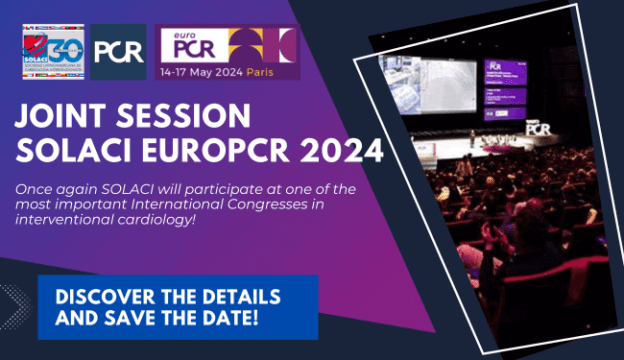Original title: Elevated Plasma Fibrinogen Rather Than Residual Platelet Reactivity After Clopidogrel Pre-Treatment Is Associated With an Increased Ischemic Risk During Elective Percutaneous Coronary Intervention. Reference: Lawrence Ang et al. J Am Coll Cardiol 2013;61:23–34.
Platelet function tests have identified differences in the response of each patient to clopidogrel and minor platelet inhibition has been associated with thrombotic and ischemic events post coronary angioplasty (TCA).
Fibrinogen, an acute phase reactant, is involved in the final common pathway of the coagulation cascade. The objective of this study was to clarify the role of fibrinogen in short term ischemic events in patients receiving clopidogrel treatment which underwent a scheduled TCA.
A total of 189 patients without angiographic evidence of any complications after TCA who were taking CRP, fibrinogen, cardiac biomarker and a platelet function test using VerifyNow P2Y12 platelet function. A serum fibrinogen level of ≥ 345 mg/dl in the absence of systemic inflammation (CRP ≤ 0.5 mg / dl) was independently associated with periprocedural infarction. No relationship was found between residual platelet reactivity on clopidogrel and the same event.
Conclusion
In patients who underwent scheduled coronary angioplasty, serum fibrinogen level was associated independently with periprocedural myocardial unlike platelet reactivity.
Editorial Comment:
The lack of association in this study between platelet reactivity test and periprocedural infarction may be due to the small sample, since other larger studies, (mainly GRAVITAS), showed otherwise. Moreover, this study defined periprocedural infarction as the elevation of troponin or CK-MB > 3 times the normal limit and we have mentioned previously the poor relationship between this elevation and the clinical laboratory.
SOLACI.ORG





